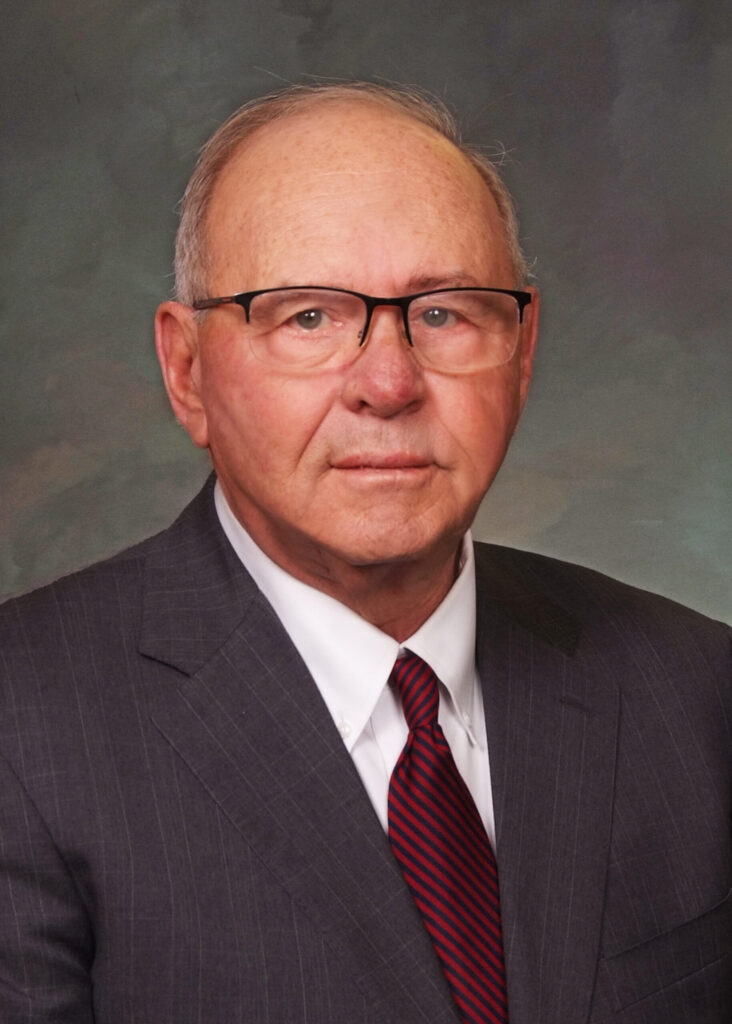How Colorado unethically enables elites to buy their own brand of justice | MAES
For much of its tenure, the Colorado Supreme Court has enjoyed a rather non-controversial and benign existence. That environment changed dramatically some five years ago when it was disclosed and confirmed the highest court in Colorado and the third branch of Colorado government was a willing participant in a $2.5 million pay-for-silence scandal. The Supreme Court offered to pay a high-ranking court administrator the money in exchange for her silence surrounding her knowledge of unethical misconduct by certain judges under the guise she’d provide training for judges. The administrator was facing dismissal at the time because of her own misconduct. The Supreme Court abandoned the scheme when they became aware it was about to be revealed.
The revelation resulted in the first-ever public censure of a Colorado Supreme Court Chief Justice, Nathan Coats, and a heightened scrutiny of judicial behavior which led to other judges being disciplined and removed from office.
Additional collateral consequences of the scandal included a review of the lax and cavalier discharge of duties by the three oversight committees designed to ensure integrity and transparency within the merit selection system of judges — the Judicial Nominating Commissions, the Judicial Performance Commissions and the Commission on Judicial Discipline (CJD). A deep dive into each of them exposed serious flaws which portrayed judges in a favorable light and ignored deficiencies. Space does not permit a more thorough explanation, although previous articles have touched on specifics and have exposed a lack of leadership by Coats’ successors, Chief Justice Brian Boatright and now Chief Justice Monica Marquez.
Stay up to speed: Sign up for daily opinion in your inbox Monday-Friday
One would think the past blunders would alert the Supreme Court to conduct a thorough examination of its policies and procedures and be proactive in instituting reform where required. Such does not seem the path the Supreme Court is willing to undertake.
Recent reporting by David Migoya, investigative reporter for the Denver Gazette who broke the pay-for-silence scandal, disclosed a rarely known second tier of justice which is alive and well in Colorado and caters to the rich and famous. The system is woefully lacking in transparency and accountability despite the lessons which should have been learned as a result of the scandal.
The system is composed of retired judges or judges who have resigned. They are often referred to as “appointed judges.” They are permitted to preside over a civil action filed in a court of record. They are chosen and paid exclusively by the parties who hire them and have secured a rather lucrative cottage industry which can demand fees at the rate of $450 per hour.
Though the judges we are familiar with in the regular court setting go through a specific screening process before being appointed by the governor, Chief Justice Marquez is the sole determiner of who is allowed to be appointed and who is appointed. This is a distinct departure from the requirement judges be vetted by the Nominating Commissions who consist of members from the public.
Judges appointed by the governor are subject to periodic review by Judicial Performance Commissions that also consist of members from the public. Appointed judges are not subject to review.
Court proceedings are generally open to the public to ensure integrity and fairness in the process. Court proceedings may be sealed or closed under certain circumstances, but only rarely. A large majority of the cases handled by appointed judges are sealed and the reason or reasons for sealing are also sealed and unavailable for the public to inspect why they were sealed.
Judges appointed by the governor are required by law to file annual financial disclosures which are open to the public. Failure to do so can lead to criminal charges and judicial discipline. Migoya’s reporting indicated only one of the appointed judges complied with the law and none were reported to the CJD for violating the judicial code of ethics. Unfortunately, the same behavior occurred with the governor appointed judges and nothing was done by the CJD until a public outcry insisted the violations be addressed.
Judges are prohibited from participating in or donating to political causes. Many of the appointed judges did contribute but did not report believing they did not have to despite rules to the contrary. When questioned why disciplinary proceedings were not initiated by the CJD against the scofflaws, Anne Mangiardi, head of the CJD, claimed it did not have jurisdiction over the appointed judges because of her severely strained definition appointed judges do not fit the definition of an “active” judge. Nothing in the appropriate CJD rule excludes appointed judges from the definition of an active judge. Just one more example of shielding the black robed ones from transparency.
To address these “oversights” as described by the Supreme Court, they will, in all likelihood, succumb to the bandage approach and require appointed judges to comply with the ethical rules that should be obeyed by all judges. Instead, the Supreme Court should remove any appearance of impropriety and abolish this separate tier of selective justice.
Until then, those who want to buy their own brand of justice should file in Colorado.
Dennis Maes served 24 years as a 10th Judicial District judge in Pueblo and was chief judge for 17 of those years. He previously served as director of Pueblo County Legal Services, Inc.; as a public defender and as an attorney in private practice.
Colorado Politics Must-Reads:











